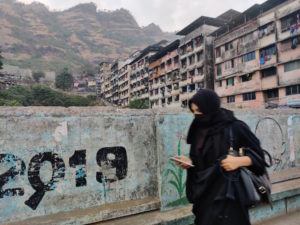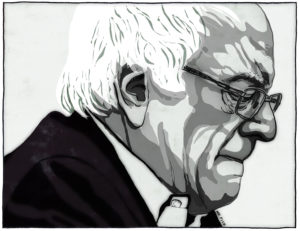Baghdad a Long Way from Meeting Benchmarks
The Iraqi government appears unlikely to pass three key proposals that the U.S. has laid out as benchmarks for continuing support. Even so, it seems unlikely that redistributing Iraq's oil wealth, as one proposal mandates, or giving more power to the Iraqi president would do much to bring security and opportunity to the Iraqi people.The Iraqi government appears unlikely to pass three key proposals that the U.S. has laid out as benchmarks for continuing support. Even so, it seems unlikely that redistributing Iraq’s oil wealth, as one proposal mandates, or giving more power to the Iraqi president would do much to bring security and opportunity to the Iraqi people.
Your support matters…New York Times:
And even if one or two of the proposals are approved — the oil law appears the most likely, officials said — doubts are spreading about whether the current benchmarks can ever halt the cycle of violence gripping Iraq’s communities.
For the handful of party leaders with the power to make deals, the promise of compromise now carries less allure than the possibility for domination. Long-suppressed Shiites and Kurds now see total victory within their grasp. Previous American benchmarks like elections have failed to bring peace and, after four years of unfulfilled promises, bloodshed and sprawling chaos, once wary glances have become cold, unblinking stares.
The same forces of entropy and obstinacy have also severed links between the party leaders and their constituencies. In Shiite areas of southern Iraq, Sunni areas of the west and for Kurds in the north, Iraq’s central government has become increasingly irrelevant as competing groups within each faction maneuver at the local level for control of public money and jobs. In many cases, especially through mosques, Iran and other foreign powers often provide more institutional support than Baghdad.
Independent journalism is under threat and overshadowed by heavily funded mainstream media.
You can help level the playing field. Become a member.
Your tax-deductible contribution keeps us digging beneath the headlines to give you thought-provoking, investigative reporting and analysis that unearths what's really happening- without compromise.
Give today to support our courageous, independent journalists.






You need to be a supporter to comment.
There are currently no responses to this article.
Be the first to respond.